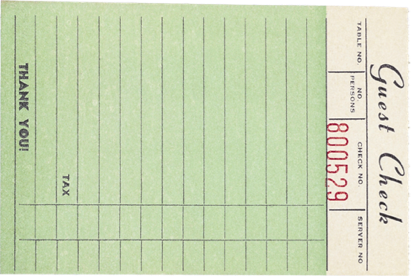



I never knew competition as a child. I am a horrible athlete so I was never part of any sports team. My parents spent hundreds of dollars on tennis camps, ice skating lessons, and swimming programs only to find that no instruction could overcome my fundamental lack of coordination. “Trying is what matters most,” they halfheartedly mumbled when they picked me up after each failed athletic attempt.
In the 70’s my school discouraged academic competition: no honor roll, no class rank, no class officers, in fact they didn’t even issue letter grades until the senior year. I grew up believing that competition was somewhat evil, a practice that destroyed the spirit of children and promoted ill will amongst mankind. I did not understand what I was missing.
My first real experience with competition was in college when I interviewed for a highly coveted RA job. I remember sitting on the floor in a dormitory hallway with a dozen nervous applicants waiting for my turn to answer questions from the “interview team,” wondering why they looked so uncomfortable. I remember feeling a surge of excitement and power as the teams of upperclassmen and grad students fired questions at me. I was good and it was fun. Competition, on my terms, felt sinfully good.
I’ve learned a lot about the value of competition since my RA days. My own three children managed to sidestep the faulty gene pool and inherit some athletic talent from their father. It’s difficult to articulate the intense emotions one feels as the uncoordinated parent of a high school athlete competing in the state final soccer championship and the state swim meet. It’s glorious, it’s painful, it’s exhausting. And after all the carpools, all the money, all the injuries, all the tears and cheers, I can honestly say my children learned to face a challenge. Win or lose, they are fearless.
No, competition isn’t evil. It’s a powerful force with the potential to mold young people into spirited, confident, risk takers. With care and skill, adults can use competitive experiences to teach kids to set goals, handle setbacks, and rejoice in the fruits of hard work. No speeches, heart to heart talks, or mottos like “Trying is what matters most,” teach these life lessons better than competition.
Competition is real. It’s unscripted and unpredictable. Sometimes you win and sometimes you lose. Hard work often pays off but sometimes it doesn’t. Sometimes you have a bad day, and sometimes your opponent is just better. These are the lessons of life.
Today I witnessed four beautiful children learn a difficult lesson about losing (I call it second place, but to them second place is losing). No team could have worked harder. They read all 15 books, over and over. They met on the weekends to study. But as the questions were asked, their dream slowly faded. And it was then that the beauty of competition emerged.
As I sat in my chair just a few feet from their table at the Battle of the Books regional competition, their experience brought tears to my eyes. A wince. Rolled eyes. Bowed heads. A gentle touch on the arm. A finger inching up to wipe a tear. A head on a friend’s shoulder. Kind, whispered words in a teammate’s ear. Genuine compliments to the winners.
Real stuff. Real lessons.
Congratulations Wellings Wicked Warriors. I am proud of each of you and all of you. You won today. You just don’t know it yet.


Tuesday, May 6, 2008









